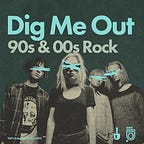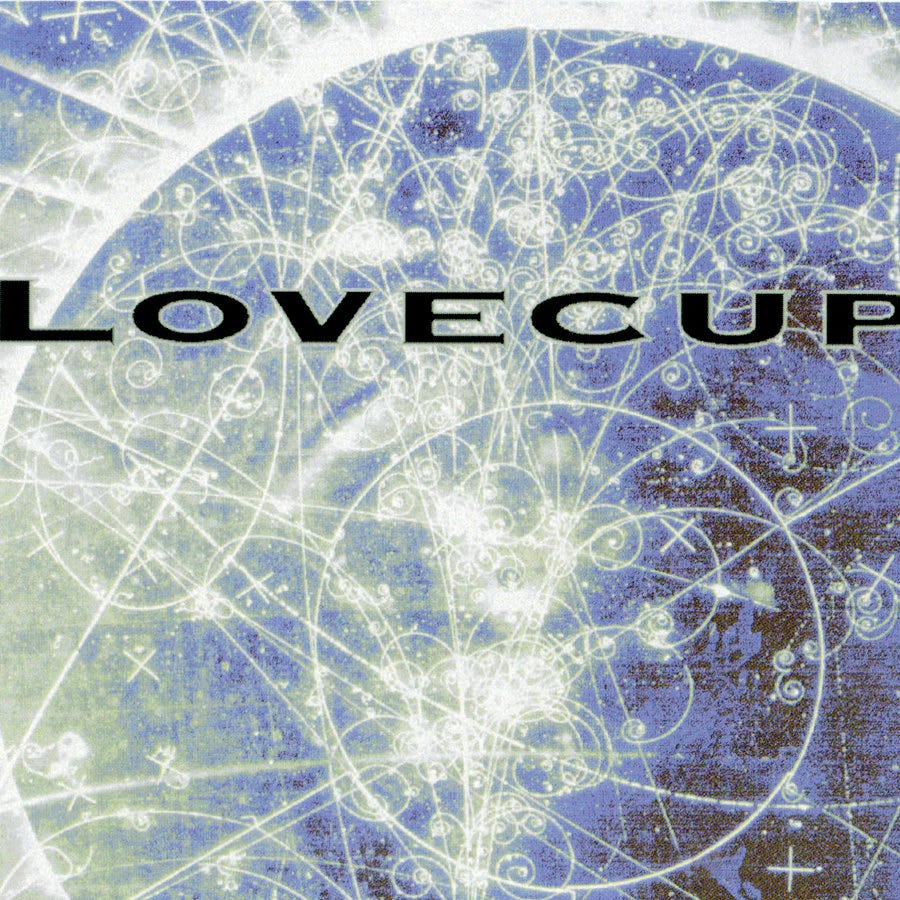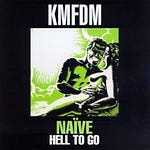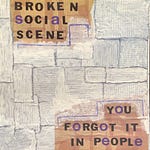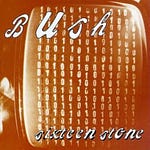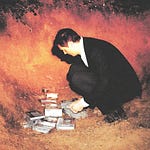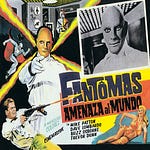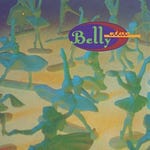Champaign-Urbana, Illinois in 1991. While most college towns were content with cover bands and keg parties, this place was brewing something special. Love Cup formed the same year Hum was finding their footing, featuring Mark Baldwin on guitar, TJ Harrison on bass, and initially Jim Kelly on drums before Jason Millam took over. These weren’t just neighbors—they shared musical DNA, crafting massive soundscapes on the same tiny indie label, 12 Inch Records.
What made this scene so remarkable? These bands weren’t trying to copy each other. They were like brothers raised in the same house, absorbing the same influences but expressing them through their own personalities. When Love Cup’s Jim Kelly later joined Centaur (Matt Talbot’s post-Hum project), it became clear this wasn’t coincidence—this was genuine community.
“Heavy But Pretty”: The Love Cup Philosophy
Love Cup pursued what Mark Baldwin described as “heavy, but pretty”—taking the crushing weight of grunge and filtering it through the ethereal beauty of shoegaze. The result sounds like Kurt Cobain fronting Failure, or what might have happened if Nirvana had been more interested in My Bloody Valentine than the Pixies.
The opening trilogy of “Entirely Made of Wood,” “Billfershort,” and “Even When I Sleep” hits like an avalanche of rumbling drums and soaring guitar riffs. That second track contains a drum fill so eerily similar to Hum’s “Stars” that you’d swear it was a lost demo from their sessions. But where Hum’s Matt Talbot delivered vocals with characteristic nasal restraint, Love Cup’s approach was rawer, more industrial—somewhere between Dave Pirner’s earnestness and Trent Reznor’s controlled aggression.
Here’s what breaks your heart about “Griefus, Gronks, and Sheet”: the songs are phenomenal, but the production doesn’t do them justice. The mix is muddy, with too much mid-range frequency causing the bass and guitars to compete rather than complement each other. You can hear the greatness buried beneath the sonic murk—the effects layering, the bass slides, the chord progressions that should soar but instead get muffled.
This wasn’t uncommon for smaller labels in 1994. When you’re working with the budget that 12 Inch Records and Cargo Records could provide, you don’t get the pristine production that major labels were throwing at similar bands. Sometimes that limitation becomes part of the charm, but with Love Cup, it feels like missed potential—raw material that deserved better treatment.
The Scene That Should Have Conquered
What’s fascinating about the Champaign-Urbana explosion is how it represented everything great about regional music scenes. Love Cup, Hum, National Skyline, Poster Children—all were creating variations on a theme, pushing each other toward something bigger than any individual band could achieve alone. They played shows together constantly, shared members, and developed that distinctive Midwest space rock sound that made the prairie feel infinite.
Yet somehow, despite Hum’s breakthrough with “Stars” getting them on Howard Stern and MTV, despite the Smashing Pumpkins blazing a trail for Illinois bands with massive guitar sounds, the industry never fully mined this scene. Love Cup remained in the shadows while their musical siblings found wider audiences.
What’s Missing
Love Cup had the sound, the scene, the songs—but they never found their “Stars.” While their album succeeds as a cohesive listening experience, it lacks that one devastating hook that could have broken them through to wider audiences. In an era where one song could make or break a band’s career, this absence feels crucial. They had all the pieces for 120 Minutes rotation and alternative radio success, but not the single to unlock those doors.
The back half of the album loses some momentum, particularly with the bizarre closing track that buries a beautiful song under unnecessary noise. It’s the kind of artistic choice that makes you want to grab them by the shoulders and explain how the music industry actually works.
Love Cup represents something precious in rock history: the road not taken. They were the band that could have been, the scene that deserved wider recognition, the album that should have spawned a thousand imitators. In our current era of genre-fluid rock music, where bands freely blend shoegaze, post-hardcore, and space rock, Love Cup’s approach feels prophetic rather than dated.
Their story illuminates the cruel randomness of music industry success. Geography, timing, label support, radio programming—all these factors that have nothing to do with musical quality determined that Hum would become cult heroes while Love Cup remained a footnote. But that’s exactly why albums like “Griefus, Gronks, and Sheet” matter: they remind us that great music has been hiding in plain sight all along.
Essential Discovery
“Griefus, Gronks, and Sheet” isn’t trying to reinvent rock music—it’s perfecting a very specific sound with passion and technical skill. At 43 minutes, it’s a concentrated dose of everything that made ’90s alternative rock compelling: the quiet-loud dynamics, the effects-laden guitars, the earnest vocals breaking with emotion.
The album succeeds as both nostalgic comfort food and active discovery. It’s the kind of record that works perfectly as background music while you’re working, but rewards active listening with subtle details and craftsmanship. Even its weaker moments carry that premium rarity value—very few albums hit this exact sweet spot between Hum’s space rock and grunge’s emotional directness.
Love Cup understood something about generosity that the music industry is still learning. The album is available as a free download on Bandcamp because sometimes the most valuable currency isn’t money—it’s the connection between artist and listener. In 2025, that feels revolutionary.
So take the plunge. Download “Griefus, Gronks, and Sheet.” Let those first three tracks hit you like the musical avalanche they are. And remember: the best rock discoveries are the ones that make you feel like an archaeologist uncovering buried treasure.
Want to hear the full conversation about Love Cup’s forgotten masterpiece? The Dig Me Out podcast dives deeper into the Champaign-Urbana scene, production critiques, and why some great albums slip through the cracks.
Songs in this Episode
Intro - Entirely Made of Wood
12:54 - Billfershort
15:46 - Heroine
26:50 - Nothing in Particular
32:34 - Even When I Sleep
Outro - Green Machine / Scientifically Yours


